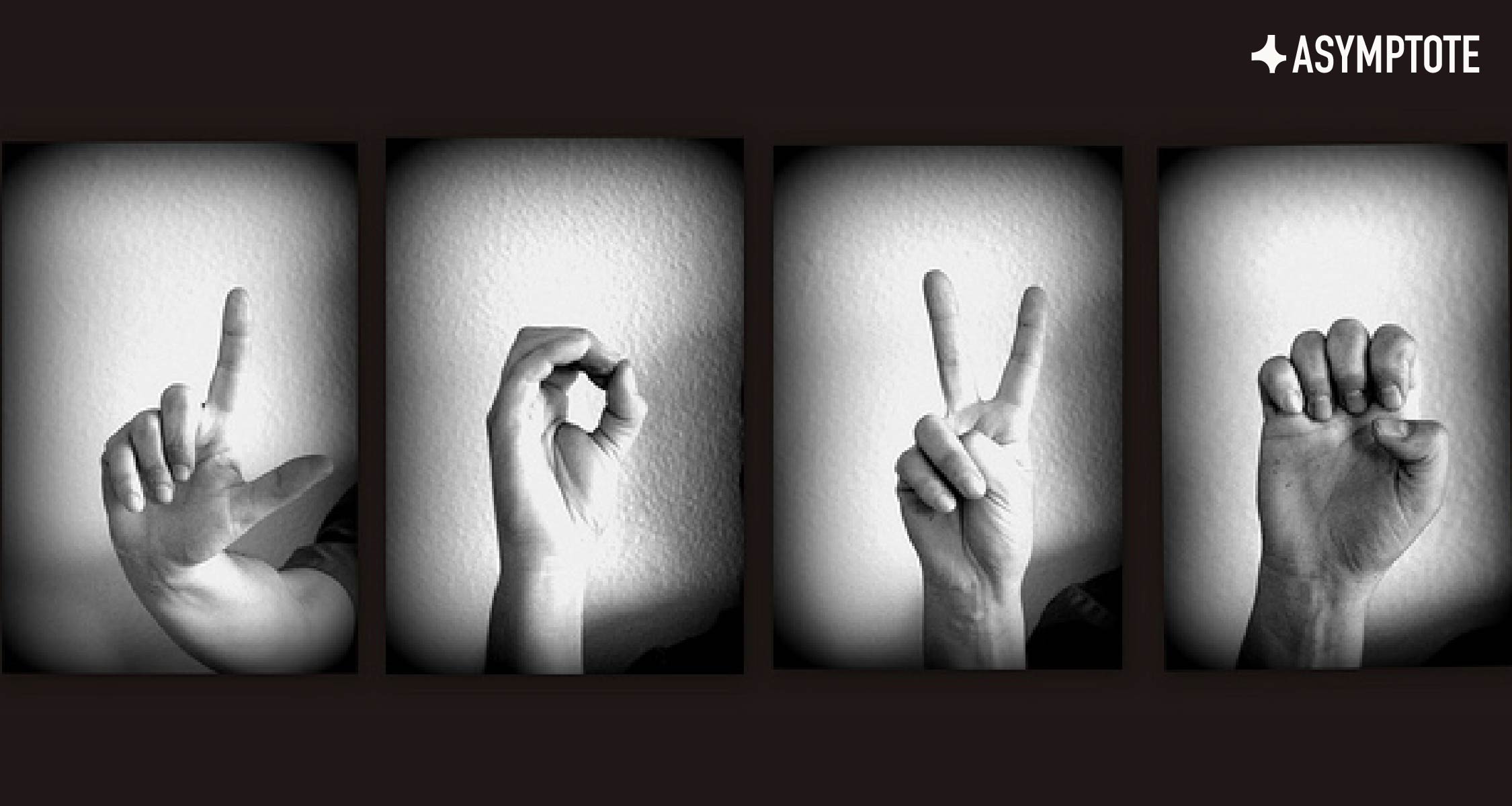When I began to progressively lose my hearing at three years old, my mother fought for me to have access to both British Sign Language classes and speech therapy sessions, offering me a dual-language gateway. Through travel and education opportunities, I know phrases, sentences and expressions in other languages—both signed and spoken. But it is in English and BSL that I primarily express myself, code-switching when appropriate and, at times, combining the two together to speak SSE (Sign-supported English). This is sign language that follows English grammatical structure, as opposed to BSL structure. For those new to BSL, it can come as a surprise to discover that it is its own language, complete with its own rules, format and words—or rather signs—that have no direct equivalent in English.
And so, on a day-to-day basis, I communicate using my hands (signing), voice (speaking), and eyes (lip-reading), as a giver and a receiver. I enjoy the literal sound certain words make as they hold space in the air. Simultaneously, and without contradiction, I love the shape of language created by fingers, expressions and the body. People also underestimate the use of the whole body in sign language – though it is primarily through the hands that words are expressed; meaning, content and colour is amplified through other parts of the body, in particular, the face.

